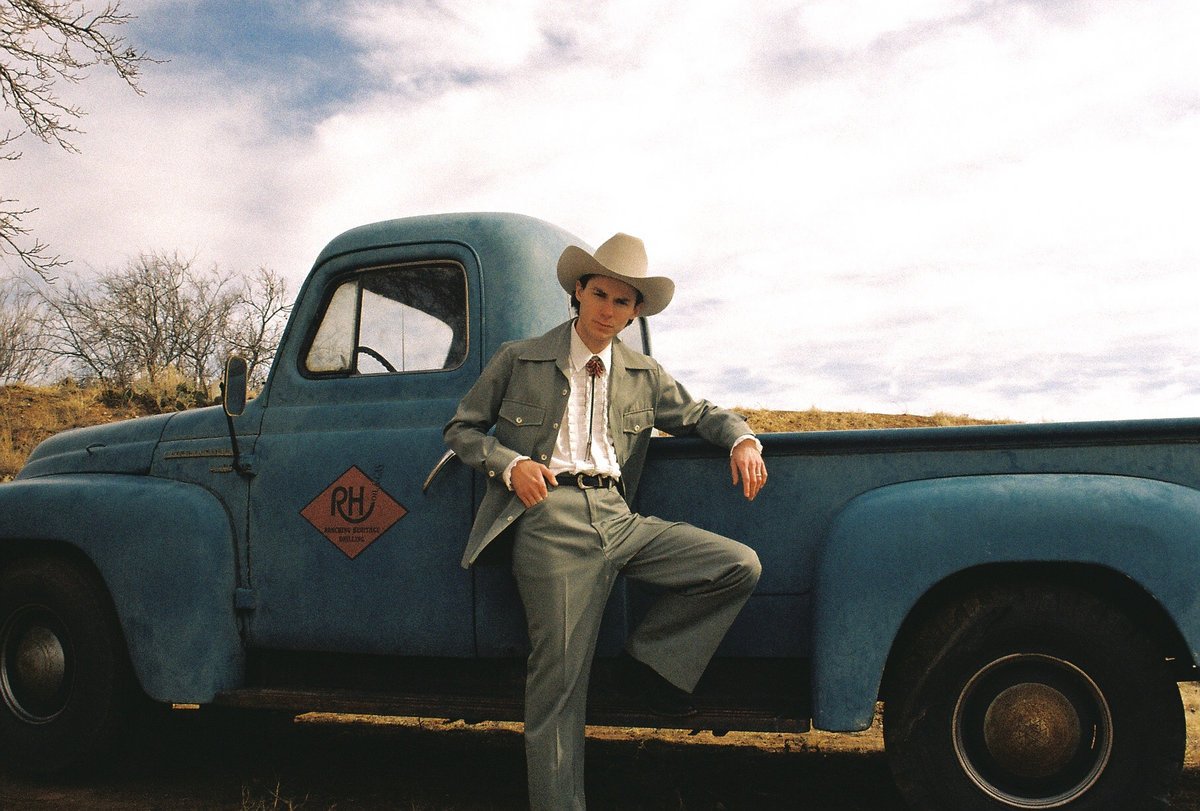1) The music of Vampire Weekend / Had you asked me even a few days ago, I’d tell you Vampire Weekend didn’t make a truly great record until 2013’s “Modern Vampires of the City” (and what an album it is—one of my favorites in that or any decade). But some old podcast interviews with singer Ezra Koenig sent me back to the band’s earliest records, moving the dial from good but flawed to truly special. There is forever so much life and rhythm and movement in Vampire Weekend’s records, and they deserve continual return and re-appreciation.
2) Terrace Martin, “Fine Tune” / The L.A.-steeped Martin is one of the true sonic architects of our time and, here, gathering talent like Kamasi Washington, Robert Glasper, Keyon Harrold and Brandee Younger, he crafts another cool-as-the-pillow’s-other-side collection of jazz, soul, hip-hop and funk that sounds fresh and like a crate-digger’s treasure at once.
3) Hayden Pedigo, “The Happiest Times I Ever Ignored” / Amarillo, Texas raconteur Hayden Pedigo tells stories with his guitar, and these stories cast whole, warm worlds full of texture, character and poetic motion.
4) Mary Ruefle, “My Private Property” / In this 2016 collection, the poet separates sadness by color, sifts pictures of God “in different clothes,” explores whole worlds in her Christmas tree, questions a preponderance of clouds and leaves the reader vibrating with a sort of awareness previously unknown.
5) Casie Dodd, “Grief through a Glass, Darkly: Mourning with The Darjeeling Limited and The Patient” for Image Journal / “Sometimes, grief can only be fully felt when filtered through the imagination,” my friend Casie Dodd writes, illustrating how when we’re mourning—and caught somewhere between religious traditions—it’s art that allows us to embrace and navigate the enveloping sadness.
Dodd examines an under-appreciated Wes Anderson work, a more recent TV show, and the way art is no luxury to the aching, but a true lifeline.
The most I could do was to ask my closest friends to sit with me, in silence or with a movie or show in the background. As I tried to avoid my own family—whose relationships with our matriarch felt too loud, too crowded to leave space for my own—I needed the paradoxical distance of fictional connections.



